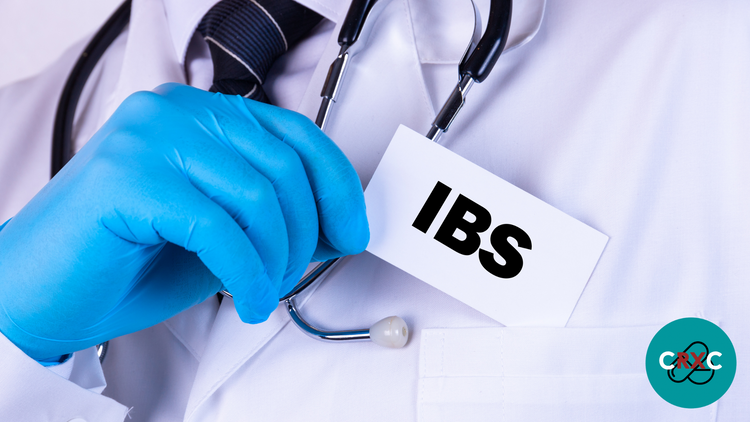Men's Health Awareness Month: Top 3 health risks for men

July is Men's health awareness month and we'd like to discuss the top 3 health risks that men facing. Men are at a higher risk of common conditions such as cancer, depression and heart disease.
Heart Disease
Heart disease is the leading cause of death for men in the United States. There are several types of heart disease and conditions such as coronary artery disease and heart attack. Certain lifestyle choices as well as medical conditions can also contribute to and put people at a higher risk for heart disease, including diabetes, unhealthy dieting, physical inactivity, excessive alcohol use and being overweight and obesity. For men especially, this disease may be “silent” and not diagnosed until it is experienced as signs and symptoms of a heart attack, heart failure, or an arrhythmia.
Some of these symptoms may include:
Heart attack
- chest pain or upper body discomfort
- upper back or neck pain
- indigestion, heartburn, nausea or vomiting
- extreme fatigue
- dizziness, and shortness of breath.
Heart failure
- shortness of breath
- fatigue
- swelling of the feet, ankles, legs, abdomen, or neck veins
Arrhythmia
- fluttering feelings in the chest (palpitations)
You can reduce your risk and chances of getting heart disease. As men, you need to learn to practice the following:
- Quit smoking (if you don't smoke, keep it that way.)
- Maintain a healthy diet and try light to moderate daily exercises
- Check your cholesterol levels with your physician or health care provider
- Talk to your health care provider to see if you should be tested and screened for diabetes
- Know your blood pressure. High blood pressure could be a "silent" sign of heart disease.
- Limit your alcohol consumption as it can increase blood pressure and does not help with stress and anxiety as well as does not promote a healthier lifestyle.
- Lower your stress levels by finding healthy ways to cope
Cancer
Lung cancer is the number one cause of cancer-related deaths in men. As per the American Cancer society, Lung cancer was expected to be responsible for 76,650 deaths in men in 2019. 90% of lung cancer in men is related to smoking and about 1-13 men are affected by this disease. Other times lung cancer could be caused from other risk factors such as second hand smoking, exposure to pollutants from vehicles, factories, certain chemicals or toxins and asbestos.
The most common symptoms to look out for when seeking medical assistance are:
- Shortness of breath or trouble breathing
- Wheezing
- Chronic coughing and sometimes with mucus and or blood
- Fatigue
- Discomfort when swallowing
- Chest pain
- Fever
- Hoarseness
- Unexplained weight loss
- Poor appetite
When you are experiencing any of the symptoms of lung cancer or are knowingly exposed to the risk factors, it is best to seek immediate medical attention and support from your doctor and discuss testing and screenings. An early diagnosis can provide a peace of mind and an early preventative plan as well as give you a better chance at beating it.
Depression
Male depression is a very serious, ignored, overlooked and most times neglected medical condition. There is a multitude of reasons one could be suffering from depression, however males do often recognize they are depressed nor seek help as soon as females do. Male depression could be dealt with by very unhealthy coping mechanisms such as drugs and alcoholism, over-working, over sleeping, over indulgence and or isolation and more.
A few of symptoms to look for for males who are depressed are:
- Trouble concentrating, remembering details, and making firm decisions
- Fatigue
- Insomnia
- Feelings of guilt, worthlessness, and helplessness
- Pessimism and hopelessness
- Mood swings, crankiness
- Restlessness, irritable
- Isolation and wanting to be alone all the time
- Loss of interest in things once pleasurable, including sex
- Excessive desire to have sex, over indulgence, fear of being alone
- Erectile dysfunction
- Over-eating, or appetite loss
- Aches, pains and headaches
- Digestive problems that don't get better, even with treatment
- Persistent sad, anxious, or "empty" feelings
- Suicidal thoughts or suicide attempts
If your symptoms of depression are causing problems with work, family and relationships and are experiencing physical symptoms like these for days, weeks, months or longer, seek immediate help from your doctor.
Speaking with a mental health counselor can also help prevent things from getting worse, especially if you are having symptoms for a long period or duration of time.
It's important to understand depression is not just the changes in your mood, but is a condition that is more complex and involves changes in other aspects and patterns in your life.
If you or someone you know is having suicidal thoughts or feelings, get help right away.





